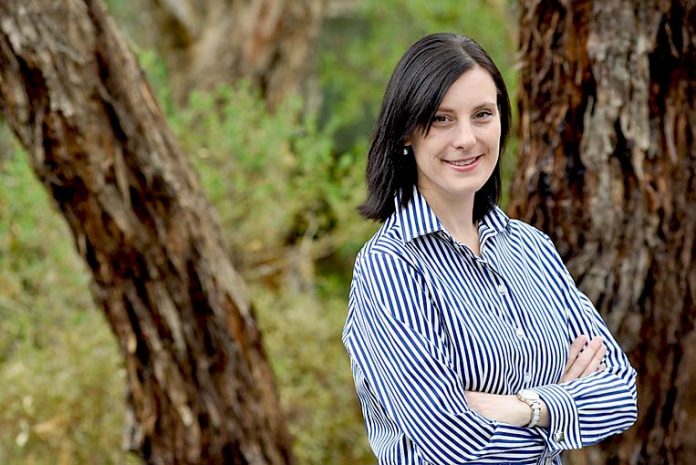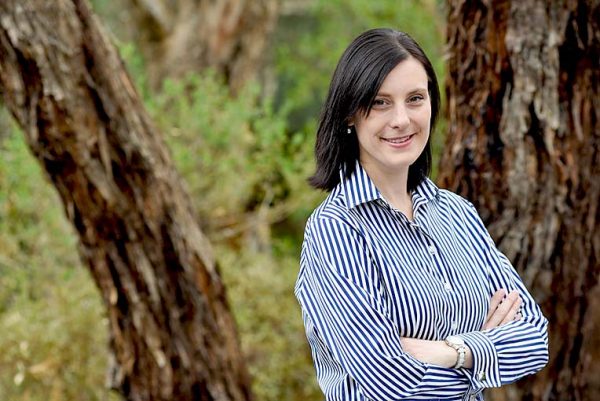

SUBMISSIONS to apply to lift bans on genetically modified (GM) crops in council areas will need to be based on market advantage and not “theoretical and ideological reasons”, the state’s peak local government authority says.
Under changes to the government’s GM bill, councils would have a time-limited ability to apply to be GM cultivation free area.
The amendments, which are likely to pass parliament with the support of the State Opposition, require councils to consult with primary producers and food manufacturers in its area, as well as the broader community.
Local Government Association (LGA) of South Australia president Sam Telfer said councils across the state had been surprised by the change of direction following months of unsuccessful moves by the State Government to lift the ban.
“The majority of councils did not have any existing policy position or had even considered this issue as this is a State Government area, but we are working through exactly what the process will look like,” he said.
“The LGA is working to create a consistent framework that can be utilised by councils across the state as it is important there is clear understanding within councils of the perspective of farming and agricultural businesses and the community as a whole.
“What is really clear is that any submissions need to be based on market advantage and not theoretical or ideological reasons and that is why we are working on it in consultation with PIRSA and key stakeholders such as Grains Producers SA.”
While Mr Telfer said the policy framework would need to be applied consistently, he acknowledged councils would need to undertake differing degrees of consultation based on location.
“There are councils that have a range of primary production practices and they would need to go into a more complicated round of consultation,” he said.
“The framework needs to be consistent or else we would see situations similar to the South Australian and Victorian border, where farmers who have land on both sides can plant GM on one side and cannot on another.
“To have that situation at a council level is even more untenable and that will be the challenge.
“That is why submissions need to be based on strong market advantage cases, which is consistent with the Federal regulatory mechanism.
“But it is important the community understands the minister has the final decision on any application that is made by an individual council.”
The State Government’s bill passed the lower house last month with the support of Labor and will pass the Legislative Council with bipartisan support.
Despite supporting the Greens-led move to keep the ban in place, Shadow Primary Industries and Regional Development Minister Eddie Hughes said Labor had never doubted the science behind GM.
Grains Producers SA chief executive Caroline Rhodes hoped the bipartisan compromise would serve as an orderly transition towards removing restrictions on GM crops in South Australia.
She said although the proposal was not in absolute alignment with the organisation’s preferred policy position, it could represent an acceptable compromise.







